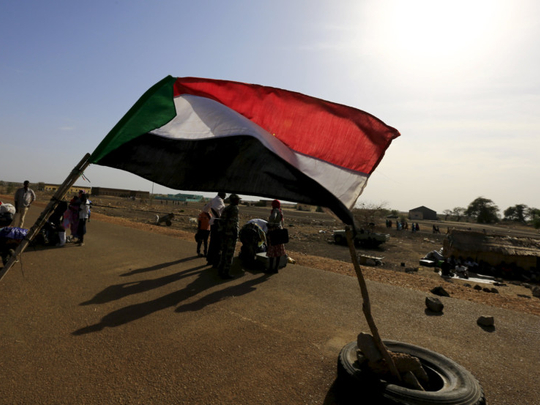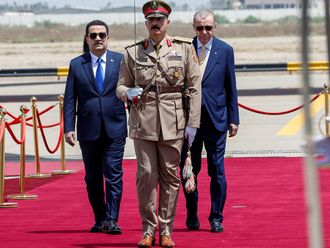
Khartoum, Juba: Sudan’s President Omar Hassan Al Bashir ordered the opening of his country’s border with South Sudan for the first time since the south’s secession in 2011, paving the way for better economic links between the two nations.
The border was closed in 2011 when relations deteriorated after the south seceded following a long civil war, taking with it three quarters of the country’s oil, estimated at 5 billion barrels of proven reserves by the US Energy Information Administration.
“President Omar Al Bashir issued a decree today ordering the opening of borders with the state of South Sudan and ordered the relevant authorities to take all measures required to implement this decision on the ground,” Sudan’s state news agency Suna reported on Wednesday.
Michael Makuei Lueth, South Sudan’s government spokesman, said the reopening of the border would boost economic ties.
“This is a positive move in a right direction because this is what will lead to the normalisation of our relations with Sudan,” he said.
Khartoum accuses Juba, the capital of South Sudan, of backing a rebellion in its Darfur region and a separate but linked insurgency in Blue Nile and South Kordofan. South Sudan denies the allegations.
South Sudanese President Salva Kiir had unexpectedly and unilaterally announced a normalisation of relations on Tuesday in response to Bashir agreeing to cut the transit fees for South Sudanese oil crossing Sudan’s territory via pipelines to the Red Sea last week.
Relations have been tense between the two countries since 2011 as they failed to agree on borders and the status of several regions that both sides claim sovereignty over. Both countries accuse the other of backing armed rebellions against each other’s governments.











